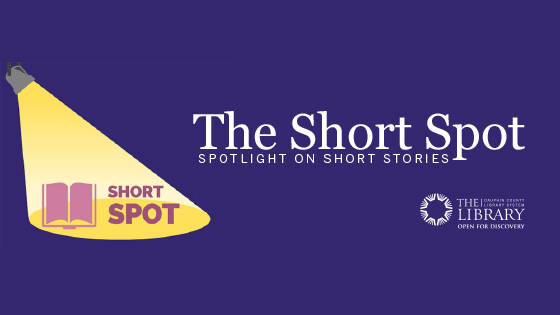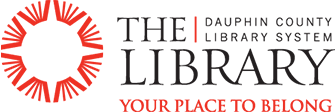
Roxeane Gay is one of the leading voices in American social commentary today. Her New York Times best-selling collection Bad Feminist (2014) has been hailed as personal, provocative, and incredibly compelling. She is an important, well-respected contemporary voice that has joined a long-standing conversation, consistently providing new wisdom and perspectives in her work.
In “There Are Distances Between Us,” Gay is speaking to someone she desperately loves, although this does not become clear until the later lines of the essay. “Every morning, when I wake up, I think your name,” she writes, towards the end of the piece. She notes that she has begun taking special care not to say “I love you” too often, because “those words mean something” and therefore “they shouldn’t be used too often.”
Throughout the course of her essay, Gay places emphasis on the spatial relationship between things, opening the piece by describing herself and this other person as “two points” which are “connected in ways we will never fully understand,” two points which both share the distance between one another. Gay consistently returns to descriptions of maps, her father’s time-worn atlas taking on a special significance. This atlas, bound in leather, which she studies as a child by tracing the lines with her fingers, matches the leather seats of her father’s car, which he uses for the sake of “endless exploration.” Gay’s justification for her father’s quest, that “he never wanted to take for granted that he could not be kept from any place he wanted to be,” seems to foreshadow the determination of her love, which she asserts in the last lines of the essay. She writes that “if nothing else were in the way, we would find each other. We could close the distance between two points.”
Gay’s father’s work as a civil engineer similarly takes on particular significance in this piece. He “filled her head with information about highways and tunnels and concrete,” to which she writes she has “retained little.” However, it is clear that the importance he placed on “infrastructure, the strength of holding the world together” has impacted her, albeit maybe not the way one would imagine. As Courtney Gibbons points out, “[this essay] considers whether representations of physical distances” and the acts of traversing them, “are substantive enough to describe emotional distances.” By using the example of her father, whose very profession is to connect physical distances, she is able to provide a metaphysical commentary on how the distances between us connect us emotionally.
Another aspect of this essay is the way in which Gay skillfully examines her own childhood trauma by admitting just as much as she omits. She does not outright relay any traumatic experience, but instead describes the effects of the trauma. At most, she mentions an “incident involving some neighborhood boys,” which broke her “right down the middle,” unable to “pull [herself] back together” afterwards. In no more than a few short sentences, Gay articulates how deeply she has been pained by this experience. Despite having been physically removed from the situation to her distant aunt’s and uncle’s during the following the event, she is unable to remove herself mentally from her trauma, writing that whenever she bathed, she “never felt clean” and that she “only felt those boys.” Though “There Are Distances Between Us” describes at times a kind of emotional assurance that comes from knowing the physical route to take to bridge the gap between you and a loved one, Gay also seems to be warning that no amount of physical distance may be able to separate you from an emotionally scarring experience.
What did you think of Gay’s metaphysical contemplations in “There Are Distances Between Us”? Did her depiction of physical distances to represent emotional distances resonate with you?
To read more of Roxeane Gay’s work, look in our collection where you can find her critically acclaimed memoir Hunger, her debut novel Ayiti, as well as the myriad of other incredible works to which Gay has signed her name.
Next week, we will be reading “A Jury of Her Peers” by Susan Glaspell, a lesser-known (but wonderfully talented) crime fiction writer, which is available online here, and was adapted from her play, Trifles, which is available in our collection.



